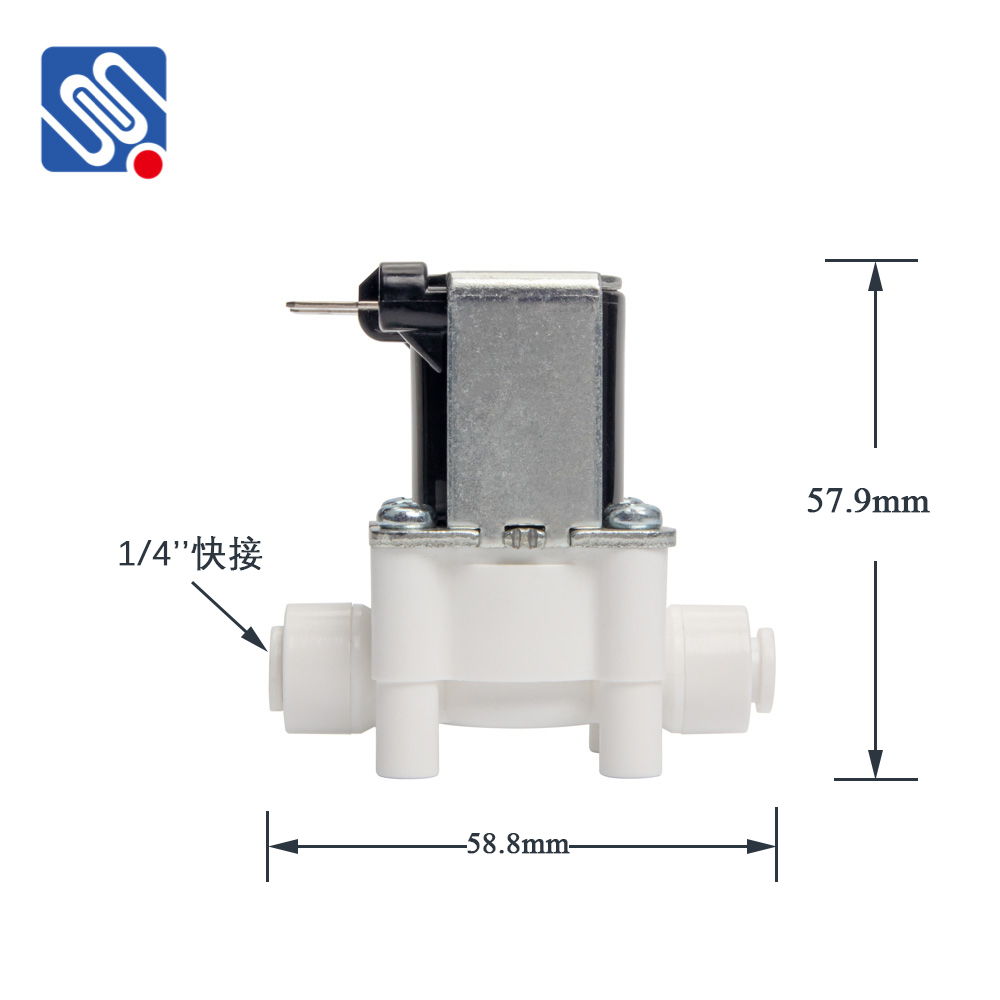understanding normally closed solenoid valve: function, applications, and benefits
Release time:2025-11-11 18:34:03
A Normally Closed (NC) Solenoid Valve is an essential component in fluid control systems that plays a vital role in regulating the flow of liquids or gases. These valves are widely used in various industries such as automation, HVAC, water treatment, and manufacturing. This article explores the working principle, applications, advantages, and considerations of the Normally Closed Solenoid Valve.

What is a Normally Closed Solenoid Valve? A Normally Closed Solenoid Valve is an electromechanical device that controls the flow of fluids through a pipe or channel. In its natural state, the valve remains closed, meaning no fluid can pass through. This is achieved by the valve’s internal mechanism, where a plunger or diaphragm is pressed against the valve seat by a spring. When the valve is not energized (i.e., no current is applied to the solenoid coil), the flow path is blocked. However, when electrical power is supplied to the solenoid coil, it generates a magnetic field, which pulls or pushes the plunger or diaphragm, thus opening the valve and allowing fluid or gas to pass through. Once the electrical current is removed, the spring automatically returns the plunger to its default position, closing the valve again.

